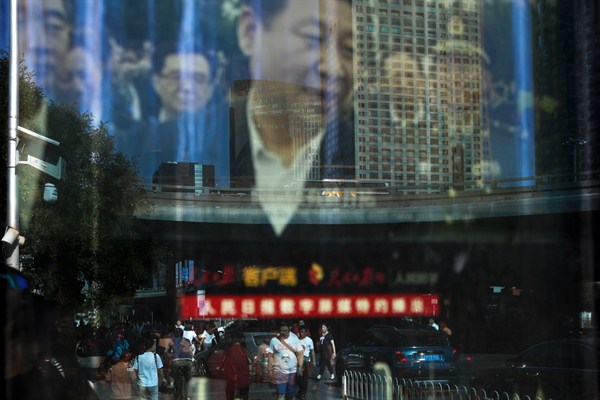While the U.S.-China trade war has been getting the headlines, investors from China are running into resistance in countries around the world, including the United States. Typically, governments welcome foreign investment, especially local governments, as a mechanism to create—or save—jobs, reinvigorate their economies and gain access to new technologies. Growing investment outflows from China, however, are pushing some national governments to take a more skeptical look at Chinese money.
In a measure aimed primarily at China, Congress strengthened the ability of the Committee on Foreign Investment in the United States, known as CFIUS, to review and block transactions that might threaten national security. Canada, Australia, the United Kingdom and other European countries are mulling similar measures to increase scrutiny of Chinese investors. While protecting national security is the nominal excuse for these actions, other concerns lurk behind the scenes.
Worries about foreign investors “taking over” are nothing new. When Japan emerged as a major global competitor to the U.S. in the 1980s, there were cries of dismay about Mitsubishi buying a majority stake in American landmarks like the Rockefeller Center and Radio City Music Hall. As pointed out in a New York Times editorial at the time, the purchase in fact reflected confidence in the American economy and was good for local investors in New York’s real estate market who saw property values go up. But there was still a sharp backlash against foreign direct investment from Japan, driven by a deep unease among some that these high-profile purchases by Japanese investors marked the decline of the U.S. and the rise of a new global leader.

